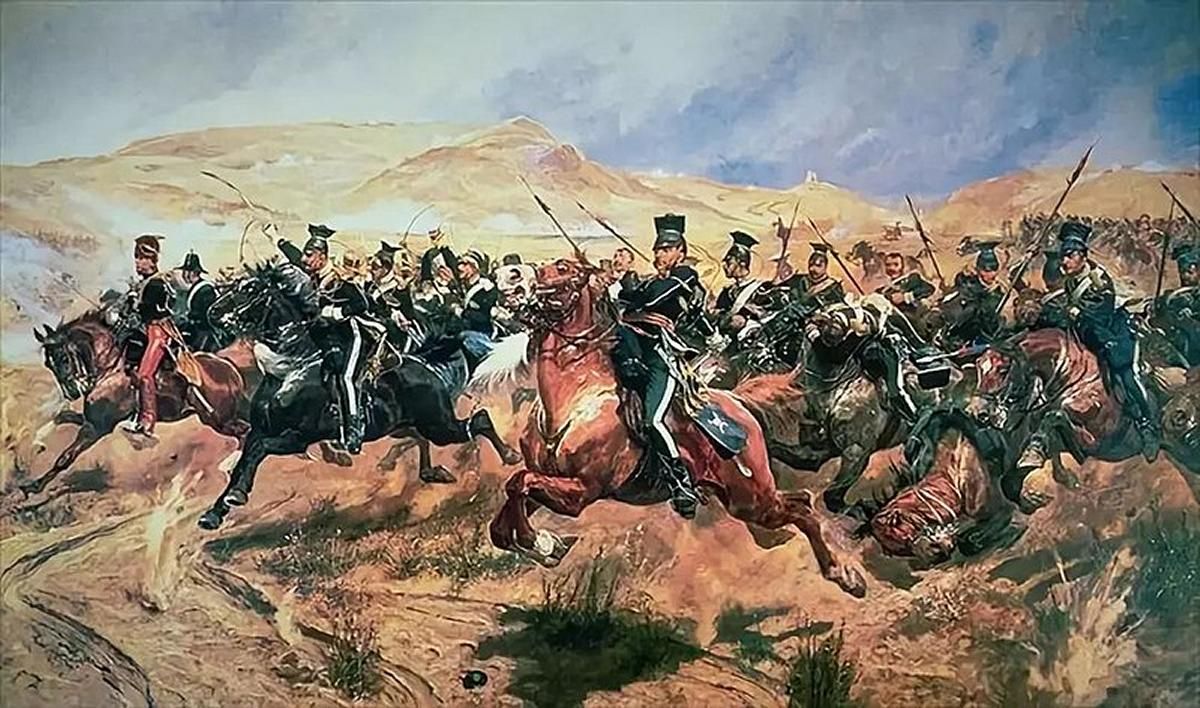Deaths at Scutari Hospital

The Crimea Campaign
The Crimea campaign would be just another forgotten foreign conflict but for the work of two people. The first is Alfred Lord Tennyson's stirring poem "The Charge of the Light Brigade", which turned a fiasco of miscommunication into a heroic military episode, and the second, Florence Nightingale, the "lady with the lamp", whose work at the Scutari Hospital signalled a change in the way in which field medical services were organised and run.
The British losses in the campaign totalled 21,097 but only 2,755 were killed in action. A further 2,019 died of wounds, but an astonishing 16,323 died of disease. While there were several hospitals, the Scutari hospital was by far the largest. Florence Nightingale's reports on death rates looked at the problem statistically, but what about the individuals?
Newspaper Listings
From as early as November 1854 the names of those who died at Scutari were being sent back to England and published in the newspapers. The reports would be circulated to many newspapers and might typically begin, as in this example from the Reading Mercury of Saturday 2 December 1854 "DEATHS SCUTARI HOSPITALS. The following the return of deaths at Scutari Hospitals, from Nov. 8 to Nor. 14, as reported at tihe Commandant's office by the medical authorities: Privates Joseph Ross, 8th Hussars; James Millard, Scotch Fusilier Guards; Fred. Campbell, 2d Dragoons; Wm. Topham, 57th Regt.; Geo. Hewdley, Coldstream Guards; John Eyres, 2d battalion Rifle Brigade;..."
Some of the published returns are more informative than others. In the example above, the equivalent list when published in The (London) Daily News provided the additional detail of cause of death and while the first three of those named had died of wounds, Topham, Hewdley and Eyres had died of diarrhoea, by far the most common cause of death to appear in this list.
While the lists refer to the Scutari hospitals (there were actually six under this general heading), around one in eight of the deaths took place on board ship. The ships in question appear to have been ferrying sick and wounded soldiers from the battlefields to Scutari hospital, rather than returning them to Britain.
Index of names
We are compiling an index of the names which appear in the newspaper listings. To date details of some 2,755 soldiers have been extracted from the reports up to February 1855 and so there is still some way to go. The names and details are included in our Great Database which now contains well over 1 million name references and is available to MLFHS members.
Who were they?
Each was some mother's son and some would have had wives at home. All share the common story of leaving England for a foreign shore and never returning. If you are looking for them in Britain and know nothing of their military service, they simply disappear from the record. If you have a male ancestor who simply disappears after 1854 then just possibly he appears among these names.
The listings are, of course, not simply of men local to Manchester. There will be men from throughout the United Kingdom and the first clue as to locality will be the regiment in which they served. Two regiments which may have raised men locally were the 20th (Lancashire Fusiliers) and 47th (Royal Lancashire Regiment) and names from both regiments appear in the lists. However, men from the Manchester area might have enlisted in any of the regiments serving in the campaign.
Where do I go from here?
If a name appears in the index which you think may be one of your ancestors, the starting point will be to look for the records of the regiment in which he served. In particular the regimental description books, if they survive, should provide some details of birthplace, age and former occupation which may help you to connect them to information which you may already have found in earlier records. These are most likely to be held by The National Archives, who can provide a useful guide to help you understand these records. My Ancestor was in the British Army by Michael and Christopher Watts is also a very useful resource.
- Hits: 1034